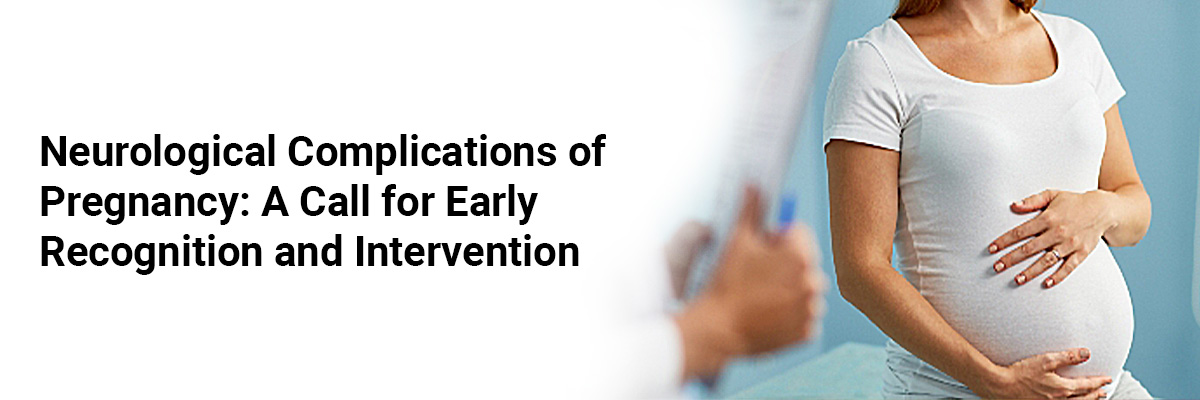
Neurological Complications of Pregnancy: A Call for Early Recognition and Intervention
Pregnancy may be associated with significant medical challenges in some women. Neurological complications in pregnant women can be broadly classified into two categories: pregnancy-specific (such as eclampsia) and those pre-existing or latent conditions that worsen during pregnancy and the postpartum period. With nearly 20% of maternal mortality attributed to neurological causes, it is crucial to identify the red flags early and intervene promptly to minimize risks to both the mother and child.
A retrospective study conducted in North East India illustrates the spectrum of neurological disorders affecting pregnant women. The study lasted three years and included 80 patients (aged 18 to 49 years). The study found that women in the 20-30 age group were the most affected. Guillain-Barré syndrome (GBS) was the most common neurological complication, observed in 26% of the patients, and was linked to both maternal mortality and stillbirth. Eclampsia was seen in 21% of the cases, featuring three intra-uterine deaths and one maternal death. Other neurological complications reported in the study included cerebral venous thrombosis (11%), isolated seizures, seizures with post-partum sepsis, and rare conditions such as myelopathy, carpal tunnel syndrome, multiple sclerosis, tubercular meningitis, and arteriovenous malformations.
The findings underscore the critical need for healthcare providers to be vigilant in recognizing the signs and symptoms of neurological disorders during pregnancy. By doing so, we can mitigate the risks posed by these conditions and ensure safer pregnancies and healthier futures for both mothers and their children.
Synmon B, Shullai WK, Sharma SR, et al. Neurological complication of pregnancy: An experience from north east India. Indian J Obstet Gynecol Res 2024;11(3):403-408
















Please login to comment on this article